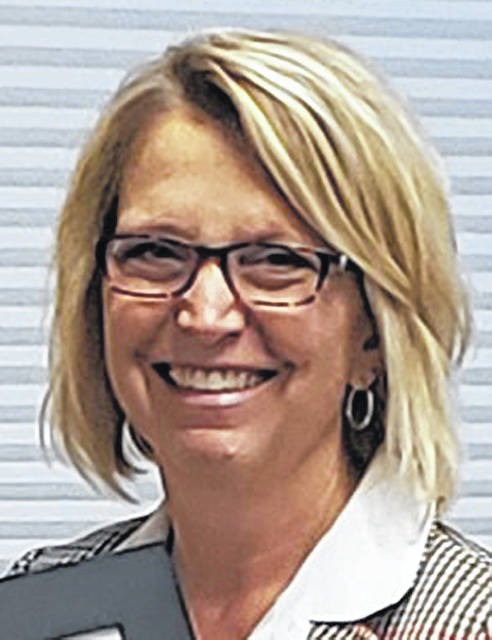
Delaware County Board of Developmental Disabilities Superintendent Kristine Hodge has been appointed to the Ohio Lead Advisory Committee by Gov. Mike DeWine.
The statewide committee will look at the impact of lead poisoning, develop plans for prevention and treatment, and assist in advising in the state’s efforts to abate and remediate lead contamination.
“Basically, they needed a representative from the developmental disability field because lead exposure can lead to central nervous system issues, thus leading to a need for our services,” Hodge said.
Hodge added the governor’s budget contains a lot of priorities for early childhood development. One of those initiatives is to look at lead exposure and lead remediation.
“Kids coming into our system would have not been eligible if they had lead exposure,” she said. “Now they are, because now we know that lead exposure may lead to a developmental disability. The impact on us (developmental disabilities services) is that we may eventually see these kids.”
Hodge read aloud from a report the following statistic: “The State of Ohio has the third-highest percentage of tested children under age 6 with elevated blood lead levels.”
“Governor DeWine believes we can do a lot better than this,” she added. “I believe we can do a lot better than this. If somebody now tests positive for lead poisoning, they’ll be able to come into our early intervention program.”
Hodge said homes built before 1970 are at the most risk for lead exposures, because old window sills may still have lead-based paint, and kids who are teething might gnaw on the edge of the sill, exposing themselves to potential lead poisoning.
As for other possible causes of lead exposure, Hodge provided an example of old antique toys handed down in a family that might have been coated with lead-based paint that could expose children to lead poisoning. She said some occupations deal with lead paint that could be carried home on clothing.
“If you have young children at home, they could be exposed to lead that way,” she said
Hodge said the objective of the committee is to work on plans to better understand how lead poisoning happens, how to remediate it, and how to get into the communities to help families with abatement and prevention.
Hodge was nominated for the appointment to the statewide committee through the Ohio Association of County Boards, where she serves as the regional representative for the Early Intervention Committee for superintendents.
“In our committee, the Ohio Department of Development Disabilities asked if there was anybody interested. I said I would be,” she said. “When I was notified, I was very excited. I’m glad to represent the Delaware developmental disabilities field and hopefully, make an impact on this issue.”
According to a press release from the governor’s office, over the next two years, Ohio will invest $25 million to prevent and treat lead poisoning and remediate homes of toxic lead.
The program will set aside $225,000 to help increase lead hazard control workers, $5 million per year to provide for a lead abatement tax credit, and allow eligible individuals to receive an income tax credit worth up to $10,000 for costs related to home lead abatement.
“It’s wrong that in 2019 there are still children in Ohio whose dreams are stifled because they live in homes where they are exposed to lead paint,” the governor states in the press release dated Sept. 13. “We have an obligation to fix the lead problem. Through Ohio’s current investments and the recommendations of this committee, I believe Ohio can move the needle on lead poisoning.”


